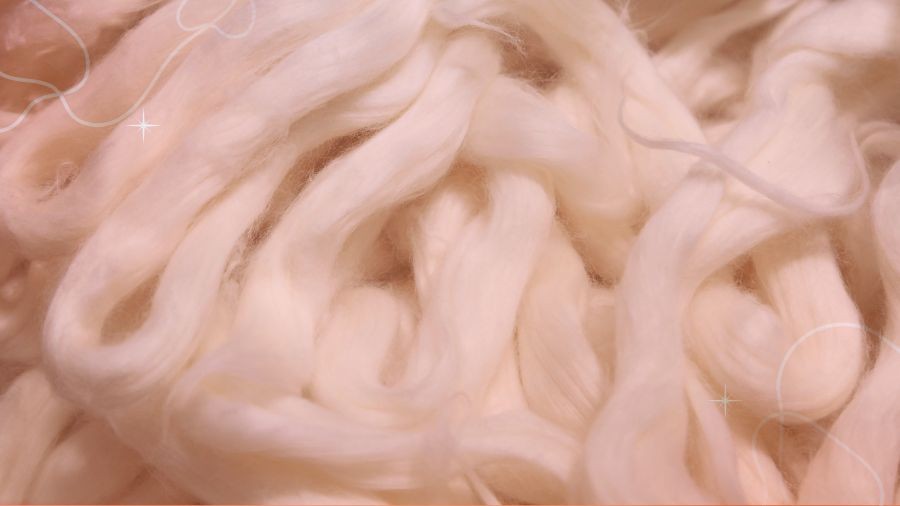Sustainable Textile Fibers - Transforming Eco-Friendly Fashion
18 February, 2024

In today's environmentally conscious world, the textile industry finds itself at a pivotal moment. Consumers increasingly seek eco-friendly products, leading to a surge in sustainable textile fibers. From natural alternatives to innovative recycling methods, the fashion industry transforms sustainability.
Once considered a niche market, sustainable textile fibers now take center stage in fashion innovation. Eco-friendly raw materials like bamboo, hemp, and organic cotton gain traction for their minimal environmental impact. Natural textile fibers such as bamboo offer durability and breathability, appealing to eco-conscious consumers seeking stylish yet sustainable clothing options.
Recycled textile fibers represent another vital aspect of sustainable fashion. With growing concerns over textile waste, recycling technologies advance, enabling manufacturers to repurpose materials like PET bottles and discarded fabrics. This circular approach not only reduces waste but also conserves resources, presenting a win-win for both the environment and the industry.
Alternative textile fibers, including Tencel and modal, also reshape the fashion landscape. Derived from renewable sources like wood pulp, these fibers offer a sustainable alternative to traditional textiles. Their softness, breathability, and biodegradability make them popular choices among environmentally conscious consumers.
The rise of sustainable textile fibers responds not only to consumer demand but also to brands' strategic move to align with sustainability goals. Major fashion houses and retailers increasingly incorporate sustainable practices into their supply chains, recognizing the importance of environmental stewardship in today's market.
Moreover, the adoption of sustainable fibers presents opportunities for innovation and differentiation within the fashion industry. Brands embracing sustainable sourcing can enhance their brand image, attract environmentally conscious consumers, and stay ahead of regulatory requirements.
In recent years, the market for sustainable fashion experiences exponential growth, reflecting a shift towards more ethical and environmentally friendly consumption patterns. According to industry reports, the global market for sustainable textiles is expected to reach significant milestones in the coming years, driven by increasing consumer awareness and demand.
However, challenges remain in scaling up sustainable textile production and ensuring supply chain transparency. Issues such as sourcing sustainable raw materials, reducing water and energy consumption, and addressing labor practices in manufacturing countries require concerted efforts from stakeholders across the industry.
Despite these challenges, the momentum towards sustainability in fashion is undeniable. As consumers become more informed and conscientious about their purchasing decisions, the demand for sustainable textile fibers will continue to rise. Brands prioritizing sustainability and embracing innovation will be well-positioned to thrive in the evolving landscape of eco-friendly fashion.
TAG(s):
